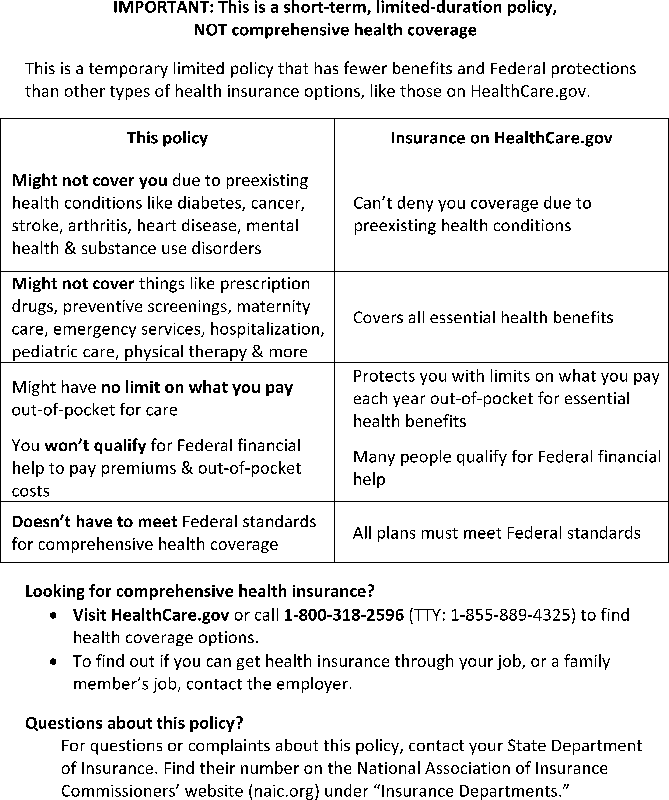The age-old conundrum: asking for more salary without sacrificing your hard-earned benefits. It’s a common dilemma many employees face, especially when considering the rising costs of healthcare and insurance premiums. But what if you’re not using health benefits? Does that mean you should automatically kiss your request for a pay increase goodbye?
Why Salary Negotiation Matters
In today’s competitive job market, it’s essential to prioritize your financial well-being. A fair salary is crucial not only for your standard of living but also for your career advancement and overall job satisfaction. And yet, many employees hesitate to ask for a pay increase, fearing rejection or discomfort.
The Silent Sacrifice
When you’re not using health benefits, it’s tempting to assume that requesting more salary is a non-starter. But this assumption can be detrimental to your financial future. By not negotiating your salary, you may be leaving money on the table – money that could be going towards important goals, such as retirement savings, debt repayment, or simply enjoying a better work-life balance.
In our next section, we’ll explore the key factors to consider when asking for more salary without health benefits. We’ll delve into what you can do to prepare, how to craft your request, and why it’s essential to prioritize your financial goals. Stay tuned!

Now that we’ve established why salary negotiation is crucial, let’s dive into the specifics of asking for more salary when not using health benefits.
The Key Factors to Consider
When you’re not utilizing health benefits, it’s essential to focus on your other benefits and value proposition as an employee. This could include things like:
- Competitive compensation packages within the industry or company;
- Your unique skills, qualifications, and experience that set you apart from others;
- The value you bring to the organization through your work and contributions.
To prepare for your salary negotiation, take some time to gather evidence of your accomplishments and the value you’ve added to the company. This could include metrics, statistics, or testimonials from coworkers or supervisors. Having this information ready will help you make a stronger case for why you deserve a pay increase.
Crafting Your Request
When asking for more salary, it’s essential to be specific and focused on your achievements rather than making general requests. Instead of saying “I want a raise,” try framing your request like this:
- “Based on my recent accomplishments in [specific area], I believe my contributions warrant a salary increase to reflect my value to the company.”;
- “Given my exceptional performance and dedication, I’m requesting a pay adjustment to better align with industry standards and my qualifications.”;
Remember to also emphasize your commitment to the company and your desire to continue making meaningful contributions. This shows that you’re invested in your role and willing to work hard to drive results.
The Bottom Line: Prioritize Your Financial Goals
In conclusion, not using health benefits doesn’t necessarily mean you can’t ask for more salary. By focusing on your other benefits, preparing evidence of your accomplishments, and crafting a clear request, you can make a strong case for why you deserve a pay increase. Don’t sacrifice your financial well-being – prioritize your goals and negotiate with confidence!
Expert Guidance for Your Career
Get expert advice on navigating salary negotiations and career growth.
Start chatIn conclusion, asking for more salary without sacrificing your hard-earned benefits is not only possible but necessary for your financial well-being. By recognizing the silent sacrifice you’re making by not negotiating your salary, you can take control of your finances and prioritize your goals.
Remember, a fair salary is crucial for your career advancement, job satisfaction, and overall standard of living. Don’t let the assumption that you’re not using health benefits hold you back from asking for what you deserve. With preparation, confidence, and a clear understanding of your worth, you can successfully negotiate a higher salary without sacrificing your benefits.
As we’ve seen, there’s no one-size-fits-all approach to asking for more salary. It’s essential to consider your individual circumstances, goals, and priorities when making your request. By doing so, you’ll be better equipped to navigate the negotiation process with confidence and come out on top.
So go ahead, take control of your finances, and ask for what you deserve. Your future self will thank you.
Symptoms of fatty liver due to alcohol consumption: Don’t let excessive drinking ruin your liver health! Learn about the common symptoms and risk factors associated with fatty liver disease caused by heavy alcohol use.
Big red itchy bumps on hands: Got mysterious rashes on your hands? Find out what’s causing those pesky bumps and learn how to get rid of them for good!




